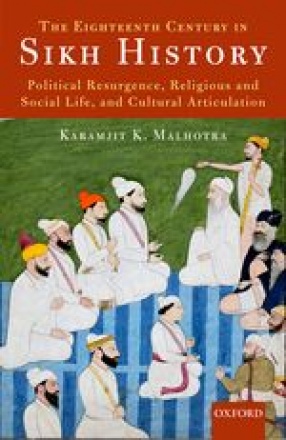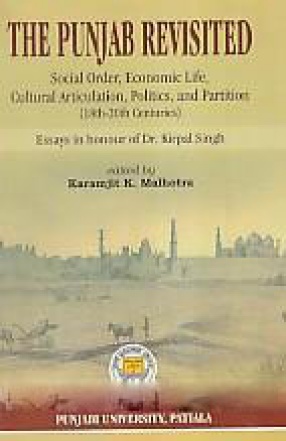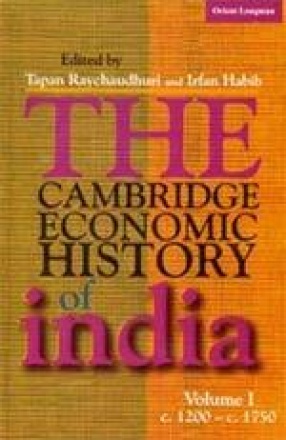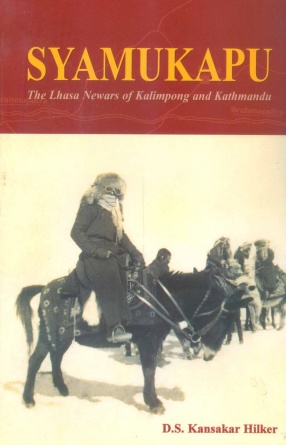The Eighteenth Century in Sikh History: Political Resurgence, Religious and Social Life, and Cultural Articulation
The eighteenth century in Sikh history stands for a political revolution in which the erstwhile peasants and artisans who had joined the Khalsa order instituted by Guru Gobind Singh replaced first the Mughal and then the Afghan authority in the province of Lahore (Punjab). Based on a wide range of contemporary sources, the present study takes a fresh look at the political processes, and explores for the first time the accompanying transformation in the religious, social, and cultural life of the Sikhs.
The aspects specifically taken up for study are the political resurgence of the Sikhs; their system of government; conception of God and the Guru; the institution of Gurdwara and the emergence of Amritsar as the premier centre of the Sikh world; rites, ceremonies, and ethics of the Khalsa; vertical and horizontal lines of demarcation among them; issues of caste and gender; literary articulation of the Sikhs; and their interest in art and architecture.
A convergence of all these developments led to the crystallization of a distinctive Sikh identity by the end of the century. In a very real sense, the eighteenth century emerges in this book as a bridge between the earlier and later history of the Sikhs.
Get it now and save 10%
BECOME A MEMBER








Bibliographic information